Search for SPERMACOCE+SP.+(MT+GARNET+P.I.FORSTER +PIF25805) returned 13 results.
-
Biodiversity Science project: Portland Crow Roost
To document the phenomenon of the Urban Crow Roost in downtown Portland, over time. We are surveying the inner city on a weekly basis, estimating numbers and locations of nocturnal roosting crows. Concurrently the city is involved in a hazing project intended to displace the crow roost and, thus, our research contains an element of activism: as their methods-- while not immediately lethal-- have never been studied for harm...

-
Biodiversity Science project: Arid Lands Symposium: Integrating Research into Action
Join us for this exciting and educational two-day event that brings together researchers, land managers, students, community leaders, and stakeholders to share practical implications from regional natural resource research and novel ideas for implementing monitoring, research, and management programs. The purpose is to - share practical applications of research and monitoring results to inform adaptive management in the Southwest. - enhance collaboration for regional conservation...

-
Biodiversity Science project: Shark Conservation in Belize
To protect sharks and their habitat, we need to know where they spend their time. This study is the first of its kind—while we have evidence that sharks do better in marine reserves, we have no idea how long a decimated population will take to recover in a brand-new reserve. That’s one of the insights that will come out of this research...
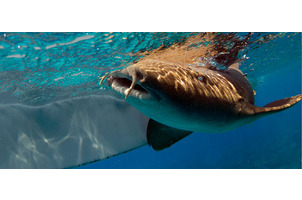
-
Biodiversity Science project: Stars to the Sea
The Vermilion Sea Institute (VSI) is a 501(c)(3) nonprofit working in Baja, Mexico to foster sustainable and enriching relationships between human societies and the ecosystems that support them...
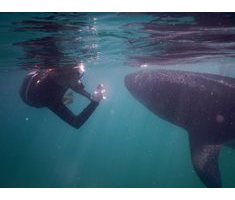
-
Biodiversity Science project: Fresh Data- Atlantic seabirds and whales lost in the Pacific
Welcome to Atlantic seabirds and whales lost in the Pacific! We are eager for online reports of particular wildlife, accompanied by photographs. Accelerated loss of sea ice in the Arctic is opening routes connecting the Atlantic and Pacific Oceans for longer periods each year. These changes may increase the ease and frequency with which marine birds and mammals move between the Pacific and Atlantic Ocean basins...
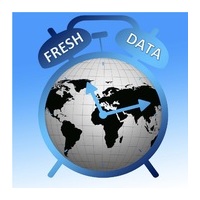
-
Biodiversity Science project: Rescue a Reef
Rescue a Reef is the University of Miami's (UM) citizen science project designed to support coral reef research and restoration activities to recover depleted coral populations of South Florida. Our Rescue a Reef coral restoration expeditions offer you the hands-on opportunity to work alongside UM coral reef experts as a citizen scientist! Join our UM team for a day of open-water coral research on the beautiful reefs of South Florida...
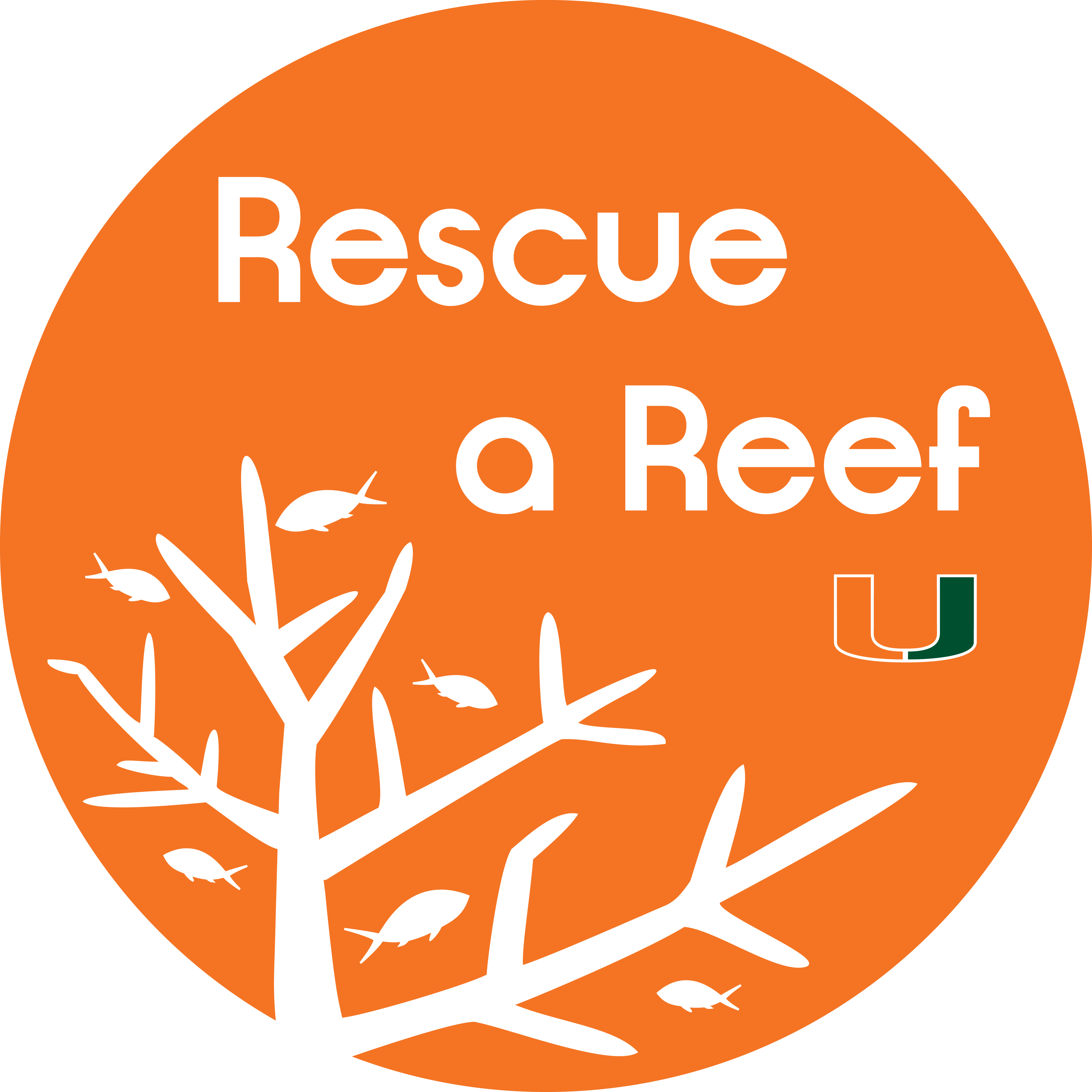
-
Biodiversity Science project: Geothermal Case Studies and Exploration
Detailed exploration case studies, such as Beaumont and Foster (1990, 1991, 1992), which were completed for oil and gas plays, will give operators an accessible portal for gathering clean, unbiased information with which to explore for geothermal drilling prospects. Providing a database of these case studies with each case study broken down into queriable properties makes this information even more powerful in planning future exploration efforts in new areas...
-
Biodiversity Science project: The Secchi Dip-In
The Secchi Dip-In is a program of the North American Lake Management Society (NALMS). The purpose of the society is to foster the management and protection of lakes and reservoirs for today and tomorrow. The Secchi Dip-In was created to enable volunteers to submit water clarity measurements to an online database and see how their data compare on a variety of scales- regional to international...
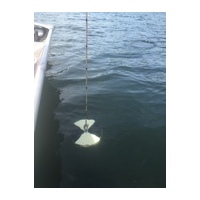
-
Biodiversity Science project: Urban Forest Map
The Urban Forest Map is a collaborative effort to map every tree in the city of San Francisco...
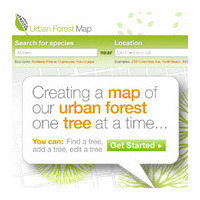
-
Biodiversity Science project: Air Sensors International Conference (ASIC)
The UC Davis Air Quality Research Center (AQRC) welcomes you to join us at our first Air Sensors International Conference (ASIC)! ASIC will bring together stakeholders from academia, government, communities, and commercial interests to promote and advance air pollution sensors, improve the data quality from these sensors, expand the pollutants measured, and foster community involvement in monitoring air quality...
